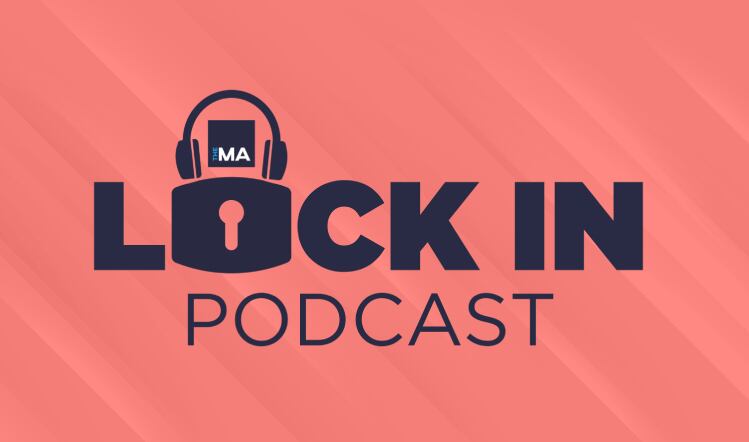In a new report by Frontier Economics produced for the British Beer & Pub Association (BBPA), calculations revealed energy bills returning to their regular rate post-March would put pubs and brewers at a loss of 20% on average.
Energy costs were currently the biggest threat to viability and would be even more lethal when the relief scheme ended in April the data revealed.
This was on top of economic issues facing the sector like food and drink inflation and hiked wages, which were also factors in profit margins being erased.
The report was based on an extensive analysis of industry reports, accounts and interviews with pub operators and brewers as well as a full review of the wider economic context from August to October 2022.
It noted how businesses had already made changes to mitigate cost inflation where possible, from changing menu options to reducing opening hours.
Saving businesses
The report also flagged energy costs were still hitting businesses hard and rises post-March would be crippling for the sector.
It laid out different ways Government could help to save businesses from closure, such as by extending the energy support package to reform of the business rates system.
Frontier Economics retail and consumer team associate director Tim Black believed recent economic shocks of Covid, Brexit and the war in Ukraine had put sustained pressure on businesses.
He said: “Our analysis shows the pub & brewery sector is facing a combination of surging costs – primarily energy, but also raw materials and wages – and falling demand, as consumers reduce their spending in the face of severe cost of living pressures.
“While there are different impacts across businesses and uncertainty on the outlook, the underlying economics of the sector makes absorbing these shocks incredibly difficult – and some firms will struggle to survive.”
Gemma Gardener, operator at the York Hotel pub in Morecambe, Lancashire also reported problems with energy bills. She said the supplier had added unexpected charges to their “extortionate” energy bills, like a £2,000 installation fee.
Hard times ahead
The pub had tried to switch suppliers but had been rejected. “Not knowing what we’ll be charged month on month is incredibly scary,” said Gardener. “This isn’t only our business but our home as well but we’re at the mercy of our energy suppliers.
“If it’s this bad now I dread to think what it will be like when the energy relief scheme ends come April.”
BBPA chief executive Emma McClarkin added: “A long-term guarantee that energy costs and contracts will be fair and reasonable come the Spring cannot come soon enough for our pubs and brewers. They are planning now for the months ahead and need assurance that bills won’t rocket and completely wipe out profits.
She said the report showed the unique position the sector was in. It was vulnerable to cost inflation across the entirety of its supply chain, conscious of dwindling consumer confidence but also wanting to avoid increasing prices for struggling customers.
For McClarkin, the report showed how the industry had tried to remain resilient but that there were simply no further means for brewers and publicans to absorb costs.
“We are urging the Government to take seriously consider the impact rocketing energy costs will have not just on the businesses that have to pay them, but the communities they are embedded in and serve across the entirety of the UK,” she added. “These figures paint a stark, very grim picture of what is to come if our sector does not make the cut for extra support come the 1 April.”




